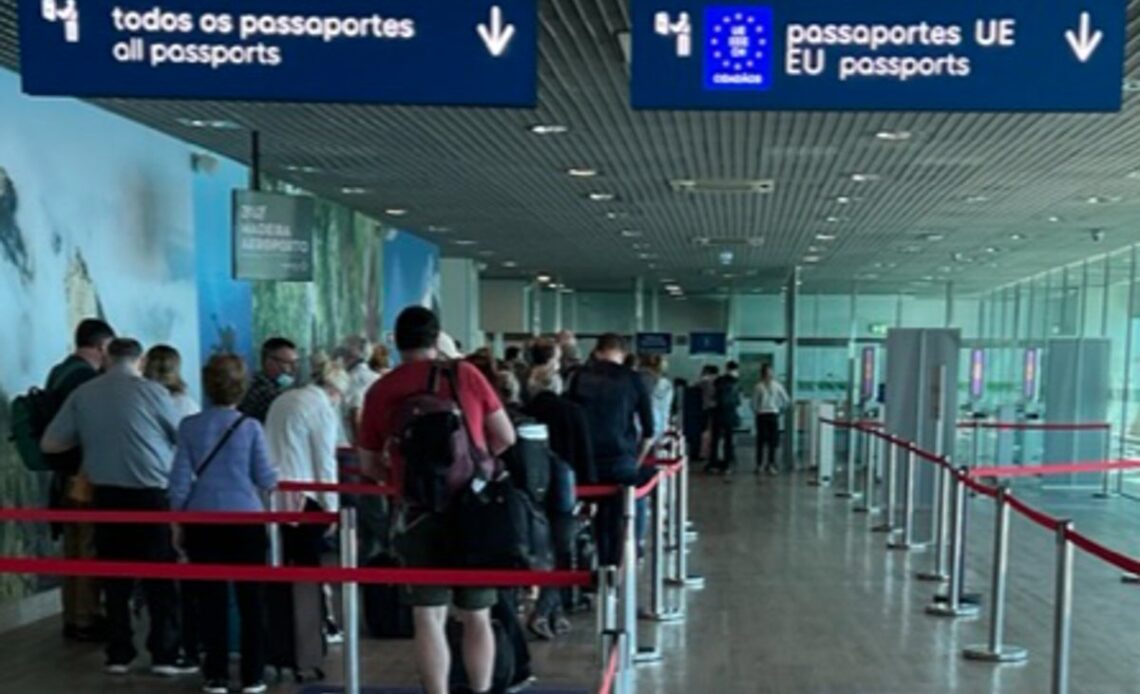“We can see the sunlit meadows beyond,” said Boris Johnson on the eve of the 2016 referendum. Three years ago, his government “got Brexit done”.
The UK officially left the European Union at 11pm GMT on 31 January 2020 (although the Withdrawal Agreement did not take effect until the end of that year).
The first Brexit secretary, David Davis, vowed: “There will be no downside to Brexit, only a considerable upside.”
The experience of British travellers to the EU since then has changed dramatically. How far are travellers along the road to those sunlit meadows? These are the key areas.
Passports and length of stay
What they said
“British people will still be able to go and work in the EU; to live; to travel; to study; to buy homes and to settle down” – Boris Johnson, Sunday Telegraph, 26 June 2016.
What happened?
British people cannot go and work, study, live or settle down in the EU unless they acquire the appropriate visas. They can travel and buy homes, but without special permission they cannot stay more than 90 days in any 180 days anywhere in the European Union and wider Schengen Area.
From November 2023 (according to the latest plan, which may slip), British travellers to Europe will need to register in advance for the Etias electronic visa system and be fingerprinted and have a facial biometric taken on entry and exit from the Schengen Area.
Airlines
What they said
“European cooperation will continue in fields where it already exists such as air travel” – Vote Leave, before the referendum.
What happened?
UK pilot licences have been “seriously degraded in value and utility” following Brexit, according to the British Airline Pilots’ Association (Balpa).
The pilots’ union says: “Following the UK’s withdrawal from the European Union, pilots with UK pilot licences are no longer able to fly EU registered aircraft – including those based at UK airports – without a lengthy and expensive licence conversion. This is an active barrier to UK pilots being offered jobs.”
Britain’s biggest budget airline, easyJet, set up a European operation based in Vienna, while Ryanair has set up a UK subsidiary to offer domestic flights. But Aer Lingus has been ordered to end its services between London Heathrow and Belfast City.
Air Passenger Duty will be halved for flights within the UK from 1…
Click Here to Read the Full Original Article at The Independent Travel…
